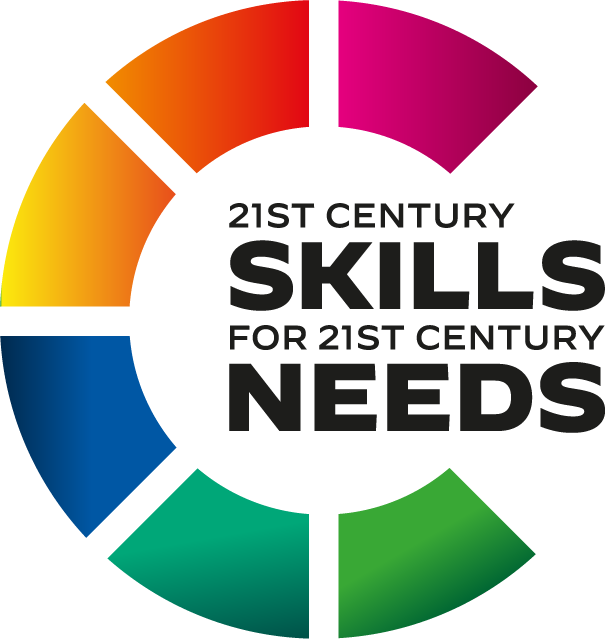Garbage in our Community - Norway
Which of the C’s did you choose?
Citizenship – thinking as a global citizens, exploring a global problem
Collaboration – to cooperate in teams, to learn from others and contribute to other people’s learning.
Creativity – to consider and follow-up new ideas and solutions, ability to do something with your ideas
Why did you choose them? (What did you want the students to develop?)
Our topic in the project was Garbage in our Community.
We want to focus on garbage in our own community, and how the community deals with it. You need to have some knowledge about something that is close to you before expanding your knowledge about a global problem.
Collaboration skills are important to develop for your future job and life in general. When you collaborate you learn from others, and students might learn from you. This dynamic process is important in a group of students with different qualifications.
To solve problems and challenges, to find solutions on different questions are qualities that future jobs might require. In a class, you have creative students and less creative students. With assignments like this, some students have a chance to show their creative skills, which might be less appreciated in subjects. In addition, the less creative ones get a chance to practice on this.
Which activities did you selected to support the development of these C’s?
We chose to work through a longer period, from April to June. We had one activity each month. The elective class, Nature and Environment, was a perfect group to participate in this. In Cambridge, it was decided that the work should have an environmental aspect and has something to do with plastic and garbage challenges. In the curriculum L06 for the subject Nature and Environment, it says that the students should explore local challenges and reflect upon the changes. Also make suggestions about how to avoid unwanted global change in the environment.
We chose to focus on how Verdal municipality deals with their garbage.
1. Citizenship
Explored the municipal sites on the internet. How do we deal with garbage here in Verdal?
We visited a recycling centre in the area – where the students got a tour on how they are taking
care of the garbage in our community, how they sort and recycle.
We had a whole day in the city, picking garbage. All the 145 students in the 9th class and all the
teachers were participating that day. We brought the garbage to the recycling centre.
The group of students visited the leaders in the municipality. It was organised as a debate where they were able to ask questions about challenges the municipality has when it comes to garbage and plastic. How the municipality deals with environmental crime, and what kind of laws and regulations they must follow. The municipality also told the students about challenges and the importance of fresh water, how they clean the drinking water.
2. Collaboration
The students had to work together in teams. Both inside the classroom and outside in the field.
3. Creativity
When the students explored the internet for information about how the community deal with garbage, they had to sort out information and make a digital brochure about the theme, which can be used to give out to new settlers in the city. Another task that they could do was to make a digital presentation with pictures and music about recycling garbage.
How did you experience the impact of the activities on the students?
We think that this topic and the activities have had impact on the students.
From starting in the classroom with a theoretical view to going outside with practical activities, have helped the students to a deeper understanding of the matter.
We believe the students are satisfied and have increased their skills of the importance of taking correctly care of garbage in general and plastic in particular.
